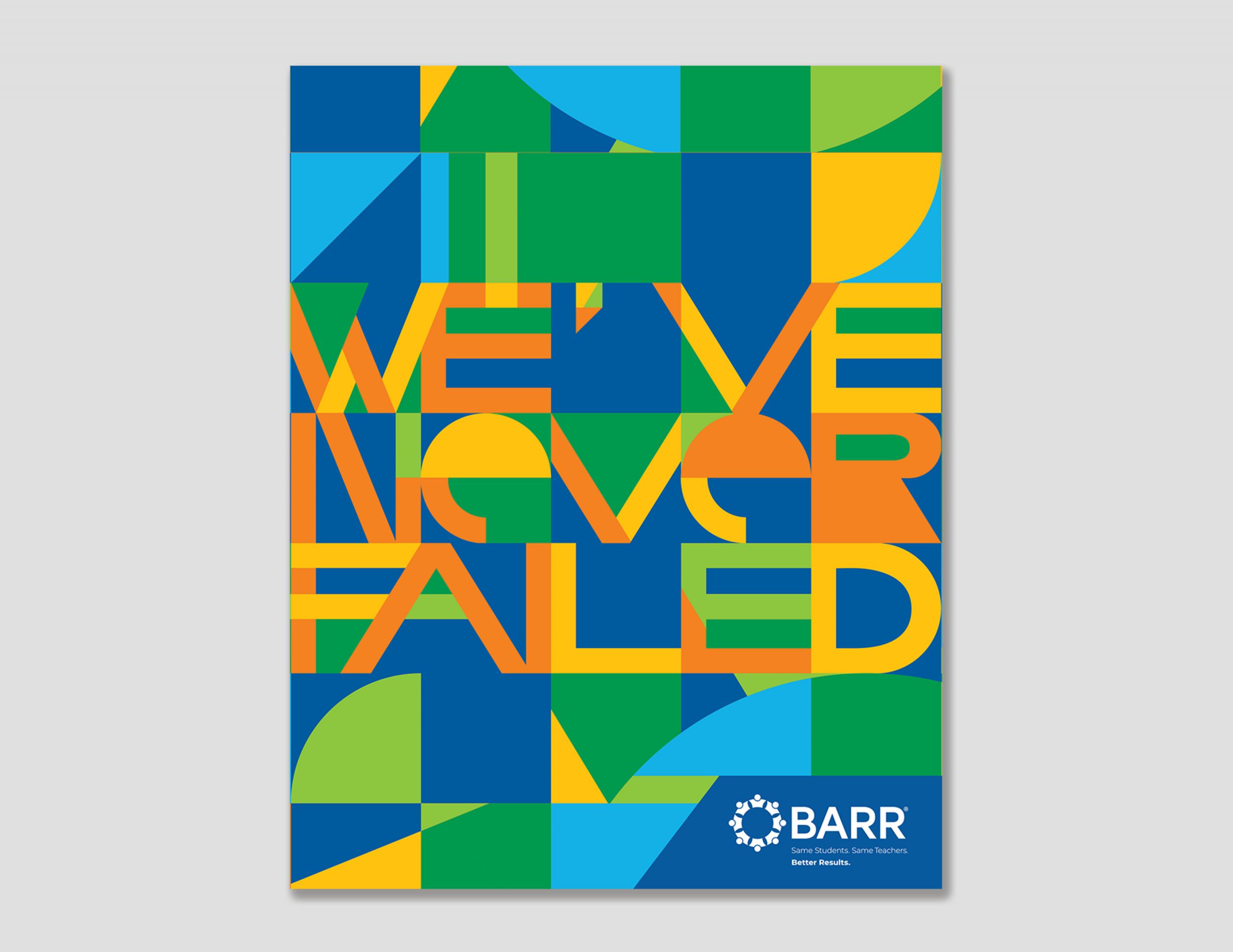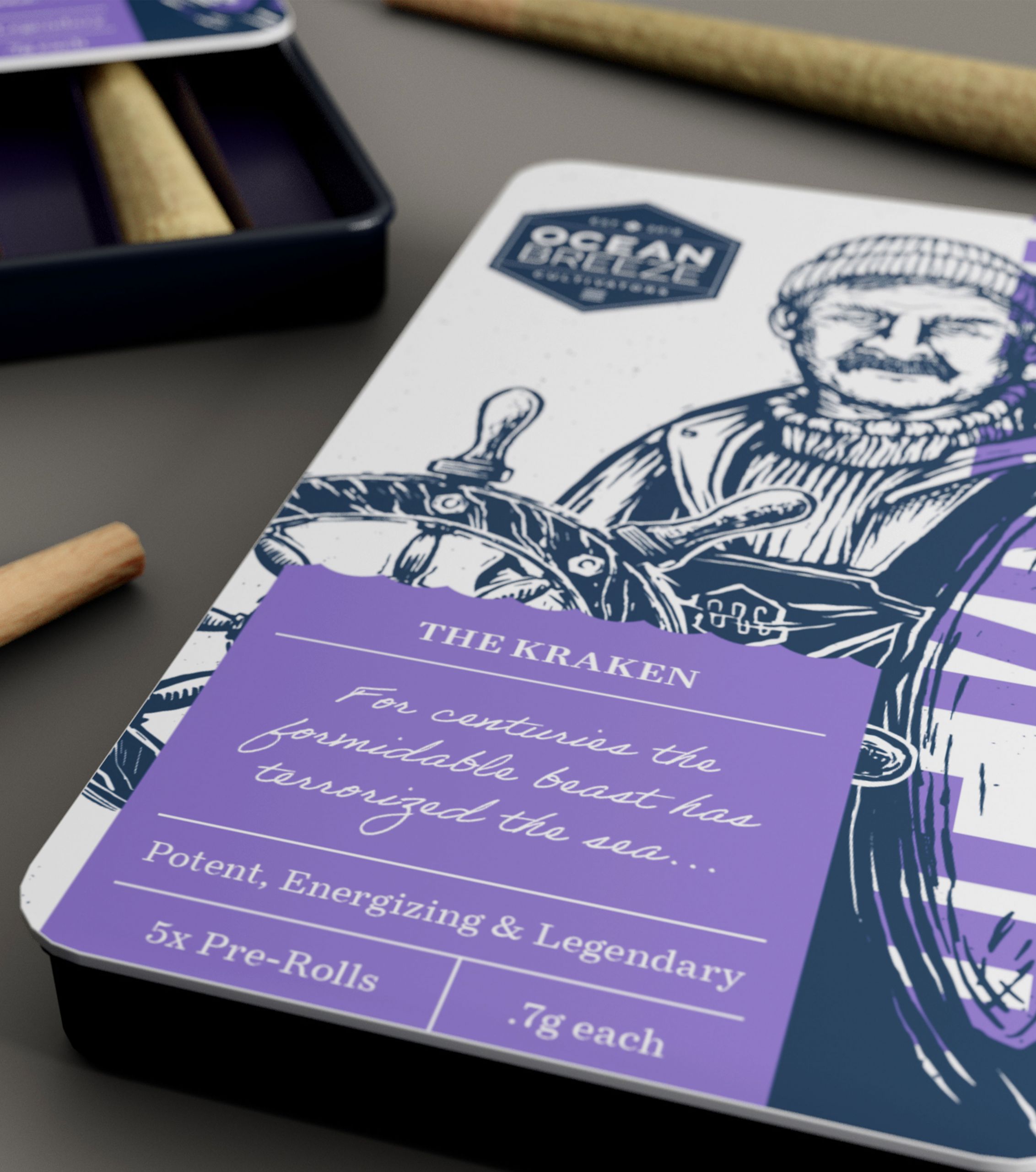5 tips for giving good feedback (and maximizing ROI).

Like any relationship expert will tell you, good communication is key. So, what constitutes “good” communication (aka feedback)? At BRIGADE, we think of good feedback as thoughtful observations and critiques that feed the creative process and improve creative output.
Before we even get started…. It’s ok if you don’t have feedback. If you wrote an amazing brief, the stars aligned, and your creative partner hit it out of the park—celebrate! If not, collaboration is crucial—take a look at our top five tips for giving good feedback to your creative agency partner.
#1 — Stay focused on the goal.
It’s human nature to react to things from a place of personal opinion or taste. That said, your not liking something isn’t (necessarily) an indicator of flawed work. You might just be the wrong person for it. To focus, have your business goals and existing brand guidelines provide the framework for your feedback.
Replace reactive questions like “Do I like this?” with something like “How is this succeeding or failing at meeting our objectives?”
Remember, creative feedback is not about personal taste—it’s about getting closer to the truth and goals of your brand.
#2 — Ask questions.
In a study on how to effectively give and receive feedback for creative work, researchers found that curiosity is a key component of improving the quality of a design. Ask the right questions to not only spark ideas, but also understand the choices made by the creative team. Their unique perspective and expertise are, after all, why you invested in a partnership with them.
“From entertainment to technology, the great creators that have existed are the ones that have taken chances and questioned the way things are,” says Matthew Lund, a veteran story artist and animator for Pixar.
Questions posed from a place of curiosity turn a one-sided critique into dialogue—and ultimately result in stronger creative work.
#3 — Identify the problems, not the solutions.
That’s right: your job is to highlight what isn’t working, not find a way to fix it.
This might sound counterintuitive, as we are often told to be more solution-oriented. But, the role of a creative agency is to innovate solutions—and prescriptive revisions can stifle creativity and result in missed opportunities.
Our suggestion? Creatives are your partners. Walk them through your critique with honesty and specificity, but only offer up solutions if asked. If you’ve got the right partner, they’ll come back to you with a creative solution that addresses all of your challenges.
#4 — Be specific. Be honest. Be direct.
In an interview for Masterclass, advertising experts Jeff Goodby and Rich Silverstein shared two key pieces of advice when it comes to creative feedback: 1) articulate why something is wrong, and 2) if you can’t explain why, be honest — explain that you’ll think about why the creative isn’t working, and that you’ll follow up with an explanation.
Specificity and honesty are essential to productive feedback. Without it, the creative direction can get muddy and leave the creative team unclear about how to deliver what your brand needs. Remember, when it comes to clear communication, direct is best.
You may have heard of the “sandwich method” of delivering feedback—a compliment, followed by criticism, followed by a compliment. Not only does this method imply that positive feedback is a perfunctory action designed to take the sting out of criticism, but research also suggests that it can dilute and confuse important information. Our advice? Say it straight up, but of course, always with tact. We’re professionals—critique is part of what we do, and we all want the work to be its best. But a little compassion goes a long way.
#5 — Don’t forget to say what you like!
Ok, yes, we JUST told you that you don’t need to couch every critique in positivity. But please feel free, when you love something, to let the team know. Positive feedback is just as valuable as criticism. It’s like the north star—a baseline point to navigate from as we find solutions to the pieces of the creative that aren’t quite there yet.
It’s easy to overlook what’s already shining when we’re so focused on polishing out the rough edges, so consider this your reminder to include these insights in your overall feedback. And like critique, specificity and context are important to help the creative team reach the best possible end result. So don’t forget to mention WHY something is working well for you.
In the end, you are the expert on your brand, and creatives want—and need—to hear what you have to say about the work. The key is to remember that the best working relationships between clients and creative agencies are the ones that are treated as a true partnership, where everyone brings value to the table and is granted the space to do what they do best.


